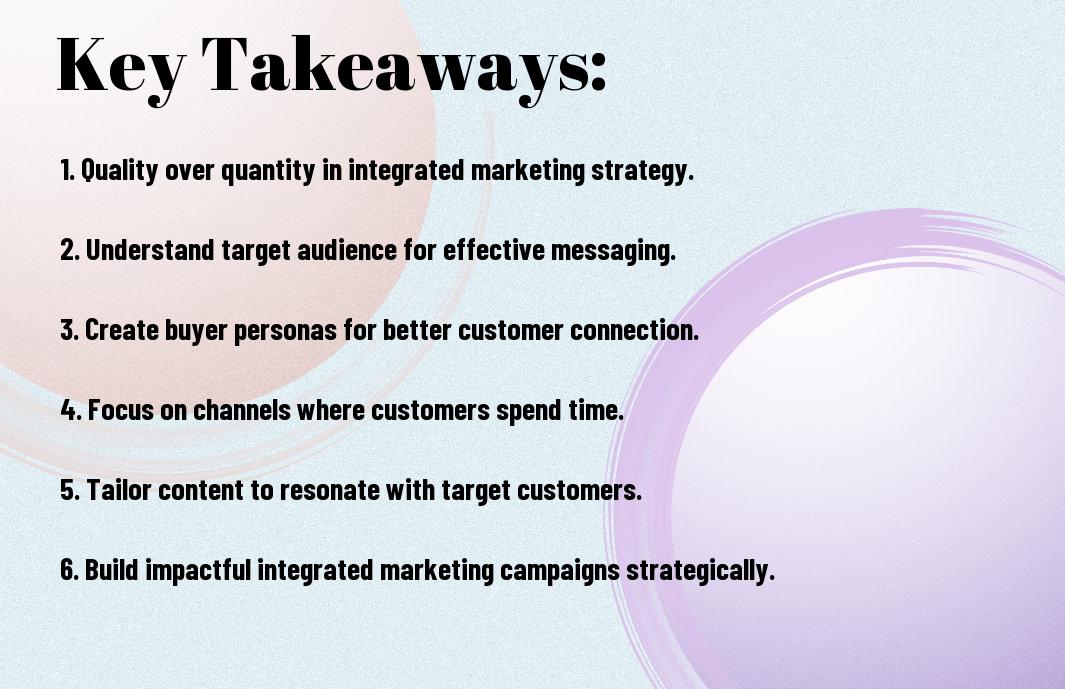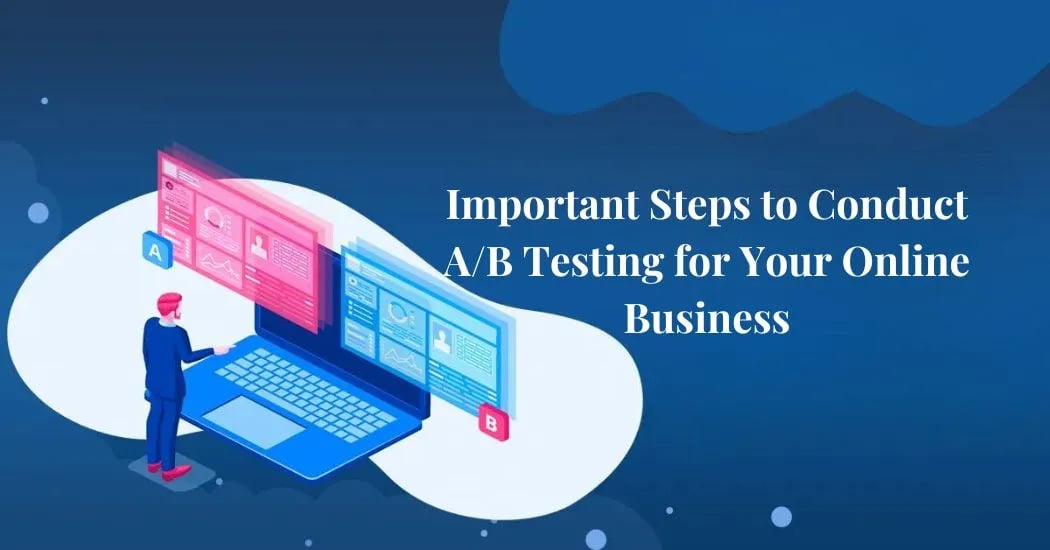
Strategy is key when it comes to creating successful integrated marketing campaigns. In a digital age where businesses are constantly vying for the attention of customers, the temptation to be everywhere at once can lead to ineffective marketing strategies that waste resources and fail to connect with the right audience. It’s imperative to focus on clarity in branding, homing in on target audiences, understanding customer needs, and strategically selecting the right channels to reach them. This blog post probes into why being strategic and intentional with your marketing efforts is more impactful than trying to blanket every available platform with content.
The Pitfalls of the “Everywhere” Approach
Dilution of Brand Messaging

With the belief that being everywhere is the key to successful integrated marketing efforts, businesses often fall into the trap of diluting their brand messaging. Trying to cover every possible channel and platform results in a lack of consistency and clarity in communicating the brand’s identity and values.
Resource Mismanagement and Burnout

Everywhere. It’s easy to feel the pressure to be present on every social media channel, attend multiple events, and produce various types of ads simultaneously. This approach, however, leads to resource mismanagement and burnout. Companies end up spreading their initiatives thin, wasting valuable resources, and exhausting their marketing team.
Crafting a Focused Brand Identity
Assuming you want to create a successful integrated marketing strategy, it’s important to understand why being everywhere won’t lead you in the right direction. According to Why You Shouldn’t Have a “Be Everywhere” Marketing Strategy, focusing on the right channels and messaging is key to driving impact for your business.
Understanding Your Brand’s Core Message
Message: At the core of crafting a focused brand identity is clarifying your brand’s core message. Understanding who your brand is, what it stands for, and its larger “why” is imperative before venturing into any marketing efforts. Research shows that nearly 90% of customers prefer authentic brands, indicating the importance of a consistent and genuine brand identity to boost revenue.
The Importance of Authenticity in Branding
Message: Authenticity is a crucial element in branding that can significantly impact how customers perceive and engage with your brand. A consistent and authentic brand identity not only helps in connecting with the right audience but also builds trust and credibility. By understanding your brand’s values and leading with authenticity in your messaging, you can create a strong brand that resonates with customers on a deeper level.
Importance: Building an authentic brand is not just about creating a surface-level image but about embodying your core values and beliefs in every aspect of your business. Authenticity can set you apart from competitors, build customer loyalty, and drive long-term success. By staying true to your brand’s essence, you can establish a genuine connection with your target audience and foster meaningful relationships that go beyond transactions.
Targeting Your Audience Effectively
A successful integrated marketing strategies require precision in targeting your audience. To achieve this, segmentation techniques play a crucial role in ensuring your message reaches the right people.
Segmentation Techniques for Precision Marketing
Effectively segmenting your audience based on factors such as geographic, psychographic, behavioral, and demographic traits is crucial for personalized and impactful marketing strategies. By understanding the unique characteristics of each segment, you can tailor your messaging and channels to resonate with your target customers, as highlighted in a Nosto survey that found nearly 90% of customers prefer authentic brands.
Creating Buyer Personas for Deeper Engagement
Marketing efforts can be further enhanced by creating detailed buyer personas that represent your target audience. The process involves crafting fictitious representations complete with relevant details, enabling a deeper understanding of customer needs and preferences. The idea is to connect with customers on a more personal level, addressing their specific problems and priorities. The importance of creating authentic and relatable buyer personas is underscored by the potential revenue increase associated with consistent and authentic branding, as identified in the Nosto survey.
Strategic Channel Selection
Your integrated marketing strategy doesn’t need to be everywhere at once to be effective. Instead, it’s crucial to strategically select the channels that align with your brand and target audience. Identifying where your customers engage the most can lead to more impactful marketing efforts.
Identifying Where Your Customers Truly Engage
The key to successful integrated marketing lies in understanding where your customers are most active. Data shows that quality segmentation is vital for success – consider geographic, psychographic, behavioral, and demographic segmentation to pinpoint the best channels for engagement.
Tailoring Content for Maximum Resonance
Content tailored to resonate with your audience is necessary for integrated marketing success. By creating buyer personas and understanding their needs, you can craft messaging that speaks directly to your customers. Leveraging the right channels to deliver this tailored content ensures maximum impact and engagement.
Constructing Impactful Campaigns
Intentionality Over Universality in Campaign Design
To craft impactful marketing campaigns, intentionality should take precedence over universality. Research shows that nearly 90% of customers prefer authentic brands, emphasizing the importance of a clear brand identity. Understand the ‘why’ behind your brand and lead with authenticity in your messaging. By honing in on your target audience through quality segmentation, you can tailor your messaging to resonate with specific customer segments, driving impactful results.
Consistency Across Selected Marketing Channels
Selected marketing channels hold the key to impactful campaigns. After identifying your target audience, focus on understanding where your customers are and what they need. By building a strategy that targets customers where they spend most of their time, you ensure your marketing efforts are impactful and resonate with your audience. Strategic consistency across selected channels, rather than a scattered approach across every platform, leads to campaigns that drive meaningful engagement and results.

Conclusion
On the whole, the belief that being everywhere with your marketing strategy will lead to success is a misconception. In reality, focusing on the right channels, messaging, and audience is key to integrated marketing success. By clarifying your brand, honing in on your target audience, understanding their needs, and strategically connecting with them where it matters most, you can create impactful integrated marketing campaigns that resonate with your customers. Rather than spreading your efforts thin across every possible platform, being intentional and strategic in your approach will yield better results and ensure your marketing efforts are effective and efficient.











